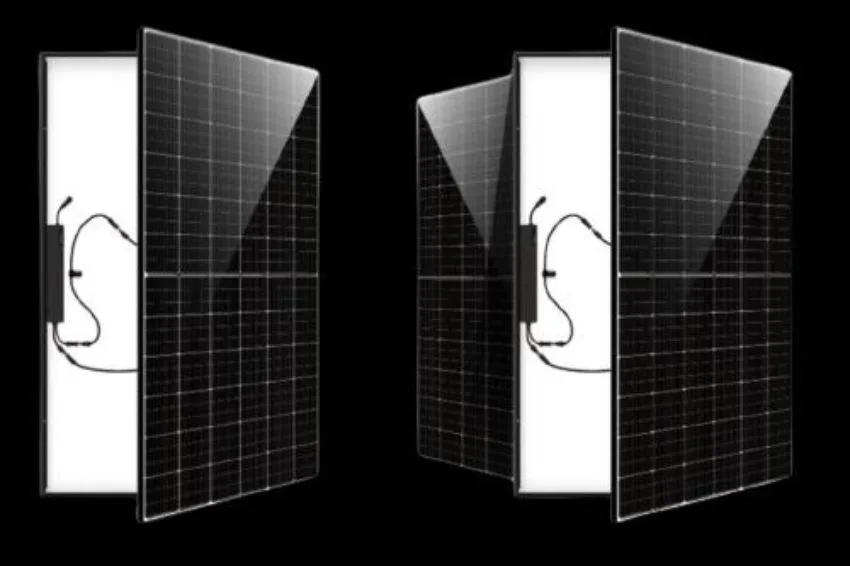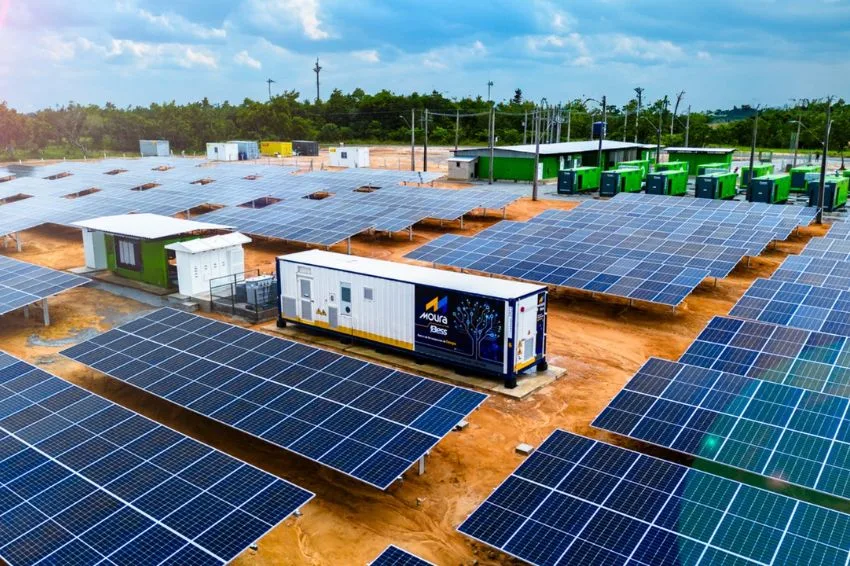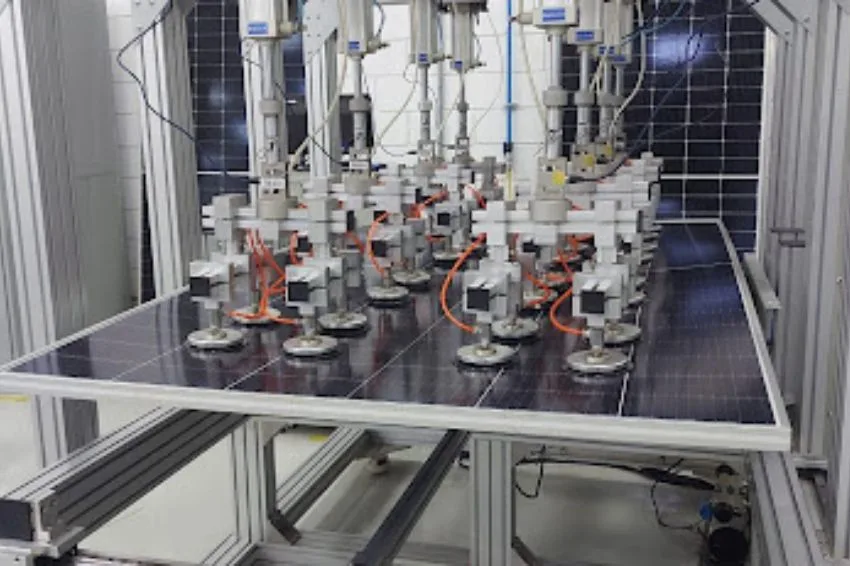The world economy is being strongly impacted by the new coronavirus pandemic.
After the official declaration of a pandemic of the disease by the WHO (World Health Organization), and the increasing spread of the virus in Brazil, there is no expectation of a short-term improvement in the situation, and there will certainly be a strong impact on the viability of health projects. energy in various stages of implementation.
Just like the rest of the world, the Brazilian market, as a whole, fears the consequences of the coronavirus, with the possibility of defaulting on contracts and halting the import of goods necessary to make energy projects viable.
At this delicate moment, the photovoltaic market deserves a more careful analysis, as it is a sector undergoing exponential expansion and development.
Proof of this are the significant numbers recently released, such as the milestone of 200 thousand connections of DG (distributed generation) projects and the growing number of projects made possible through PPAs (Power Purchase Agreement – long-term private energy purchase and sale contract in the ACL (Free Contracting Environment).
This movement, very similar to what occurred with the wind sector a few years ago, will be vital for the feasibility of large projects and the modernization of the energy sector, with the gradual opening of access to the ACL for other consumers and other improvements acclaimed by the sector .
It is inevitable, due to the global nature of the current crisis, that the solar energy market will suffer the impacts of the coronavirus, considering that solar panels and other products necessary for the construction of solar energy parks are, for the most part, manufactured in China.
Delays in the production of some components have already been declared, and the repercussions, such as delays and defaults in Brazilian power plant construction contracts, are already foreseen and deserve careful analysis in relation to their effects.
With this scenario, the major discussion in the legal sphere will be regarding the possibility of classifying the coronavirus as a force majeure event, in order to make it impossible to apply fines resulting from delay or non-compliance with contractual obligations.
This issue will be exacerbated by discussions about delays in the schedule that should be announced soon.
The Chinese government established a halt to exports of goods to contain the spread of the Coronavirus and began issuing, from February 2020, Force Majeure Certificates in order to prevent the application of contractual fines involving Chinese companies.
This declaration will have impacts on Brazilian projects. Stocks of equipment within the country may be insufficient in the short term, as there is a much greater internal demand than the availability of solar equipment needed to build projects and meet time milestones.
So, the big question that remains is: “Can the coronavirus outbreak be considered a fortuitous event and force majeure under Brazilian law?”
In fact, it is worth clarifying that the topic of acts of God and force majeure is not a peaceful issue in Brazilian doctrine, with several concepts existing for each of them or for both, when considered synonymous expressions.
O civil Code, in its article 393, establishes that the fortuitous event or force majeure exists when a certain action generates consequences, unpredictable effects, impossible to avoid or prevent.
Act of God + Force majeure = Unforeseeable or difficult to predict fact or occurrence, which generates one or more inevitable effects and consequences.
However, the Civil Code does not exhaustively list the hypotheses that fall under the concept of force majeure or unforeseeable circumstances. Considering that the coronavirus outbreak is a natural (and unpredictable) event, the commercial effects of which are not possible to avoid or prevent, it is possible that there will be a claim of force majeure, if the disease (or its financial effects) prevent or hinder compliance of contractual obligations, especially when the world's main supplier of solar products is China, the main supplier of equipment to the market, and was the epicenter of the problem.
Even so, the individual analysis of each case and project will be necessary and essential to evaluate the appropriate application in concrete situations, with the extent of exclusion or not of liability mitigation, and, if force majeure lasts longer than expected, It is also common to have provisions in instruments that even allow for contractual resolution, with analysis on whether or not to apply contractual penalties negotiated between agents in the sector.
Another relevant aspect, given the current context of unpredictability in the duration of the coronavirus outbreak and the undeniable impact on the solar segment, is the possibility of requesting a review, at least of project deadlines, among other clauses of the instruments, with a special issue regarding the price agreed on each project, which is closed according to the commercial premises of a given moment.
If it is not possible to configure the event, among other factors, it is important to assess whether the change in the original contractual circumstances could have been foreseen when the contract was concluded or whether this change made the execution of the contract as a whole impossible.
In this sense, the definition of the legal strategy to be followed will be essential for mitigating risks and safeguarding the interests of suppliers, designers, generators and consumers at this critical moment, with there being a natural conflict of interests in each contractual position of the relationship.
Likewise, the preparation of contracts that have not yet been signed must rely on the same rigorous analysis to mitigate the effects, since, for this second group, there is the aggravating factor that the pandemic is already known, which could justify, always depending on the analysis of each specific case, the inapplicability of the thesis.
Although the coronavirus outbreak can, in theory, be considered as a force majeure event given its unpredictable consequences, and Chinese dominance in products to enable solar projects, only the analysis of the circumstances of each specific case can effectively authorize or not the use of this event as an exclusion of liability, or even a cause for contractual review, or even the termination of the instruments and the application or not of penalties.
Finally, considering that, to date, there is still no clear visibility of the exact extent and duration of the effects of the current crisis, it is essential that legal action strategies are well designed, prioritizing negotiated and consensus solutions to conflicts , which will inevitably end up occurring.
















